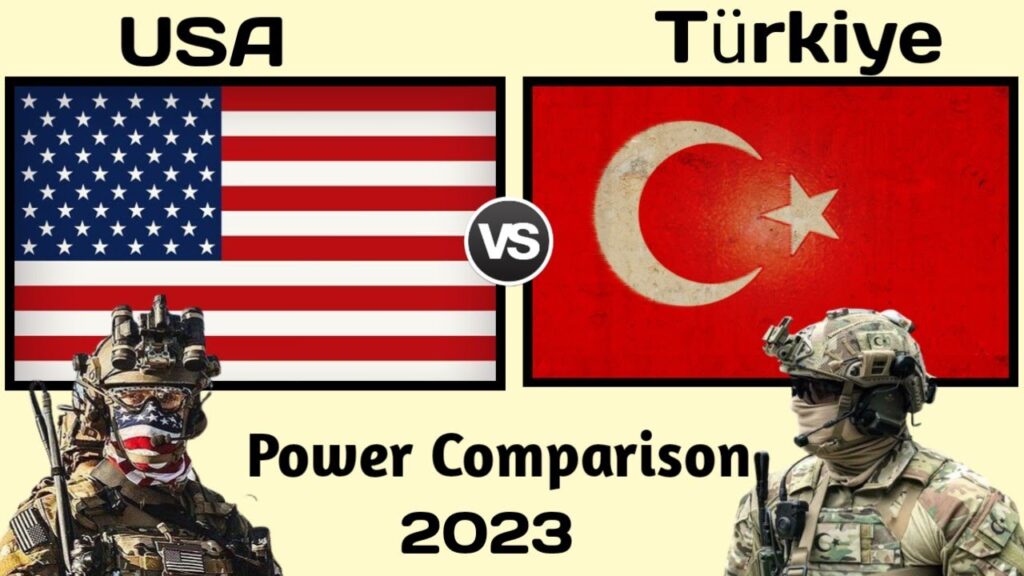
Introduction
The relationship between the United States of America and Türkiye has long been a complex one, shaped by historical alliances, cultural ties, and geopolitical interests. As both countries navigate an ever-evolving global landscape, understanding their dynamics is crucial for analysts, policymakers, and the public alike. This article provides an overview of key developments and issues surrounding the USA vs Türkiye relationship.
Historical Context
The USA and Türkiye have been NATO allies since Türkiye joined the alliance in 1952. This partnership was primarily aimed at countering the threat posed by the Soviet Union during the Cold War. However, despite decades of military cooperation, tensions have emerged over various regional conflicts, such as the Syrian Civil War, where the USA has supported Kurdish groups that Türkiye views as terrorist organizations.
Recent Developments
In 2023, relations between the two nations faced additional strains owing to the USA’s sanctions imposed on Türkiye over its purchase of Russian military equipment, particularly the S-400 missile defense system. These sanctions have affected Türkiye’s defense industry and have prompted Ankara to seek alternative partnerships, notably with other NATO allies and non-NATO countries.
Moreover, the ongoing conflict in Ukraine has also shifted geopolitical alliances. As both countries are involved in supporting Ukraine, this shared interest could potentially provide a platform for renegotiating aspects of their bilateral relationship. However, challenges such as human rights concerns and Türkiye’s growing ties with Russia remain points of contention that complicate the dialogue.
Future Outlook
As we move into 2024, the future of the USA vs Türkiye relationship remains uncertain. Analysts suggest that while both countries may seek to stabilize their ties, significant disagreements, particularly over military engagements and regional policies, will continue to pose challenges. With upcoming elections in both nations potentially affecting foreign policy, observers are keenly interested in how these factors will influence the bilateral agenda.
Conclusion
The relationship between the USA and Türkiye is marked by a blend of cooperation and conflict. In these times of shifting global alignments, it is increasingly important for both countries to find common ground to address shared challenges while respecting their national interests. The outcomes of these efforts could have significant implications not only for their bilateral relations but also for broader regional stability.



